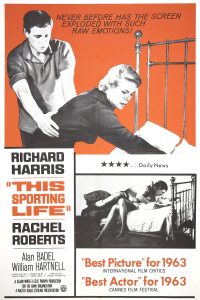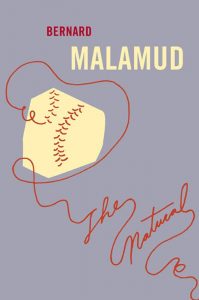Sometimes you start writing and then you stop. Sometimes that’s a good thing. This radio play snippet probably could be fixed and expanded. I count one, maybe two, chuckles.
(Intro. music)
(SFX-Newspaper being opened, looked through.)
MEL: Hmmm… hmm. Apartments for rent? (pause-more rustling) Here we go… . Eastside. (to himself) “Easy commuting distance to Downtown. Near Youngstown.” Nope, don’t think so. … “One bedroom in large house. One hundred and fifty per month. ” Good rent. Probably doesn’t include utilities. All right. (picks up phone-dials as he reads the number) 555-6666. That’s easy to remember.
(Phone rings on the other end and answering machine picks up.)
OTHER END: (Deep voice.) Greetings.
MEL: Hello, I’m interested in… .
OTHER END: You have reached 666-1313. (Mel groans to himself.) We’re unavailable right now, but we usually are. We’d love to call you back, though. We usually do. Please leave your name and phone number like a good soul. Thank you.
MEL: Yes, I’m…
OTHER END: Please wait for the beep. (Pause) Beep.
MEL: Yes! I’m looking for… I mean I’m interested in the apartment advertised in the paper. My name’s Mel. I can be reached at 555-4753. I suppose I can answer any questions when you call.
OTHER END: Or you answer them now.
MEL: I could, but this is only an answering machine and… . (Pause) Wait a second!
OTHER END: Yes?
MEL: This isn’t an answering machine.
OTHER END: That would seem to be obvious.
MEL: But it said it was.
OTHER END: I lied, apparently. It’s been known to happen.
MEL: Oh. (Pause) I was calling about the apartment…
OTHER END: I remember.
MEL: Ummm… . Is it still available?
OTHER END: When can you move in?
MEL: I asked…
OTHER END: When can you move in?
MEL: I suppose next Saturday.
OTHER END: Saturday’s bad. How about Friday?
MEL: I could do that.
OTHER END: Fine, then it’s settled.
MEL: No, I want to see it first. I can’t just commit myself.
OTHER END: Why not? You’ll see it when you move in. You can rely on my judgement until then. It’s a very unique opportunity to leave in a very unique environment.
MEL: I don’t know if that’s what I’m looking for.
OTHER END: Of course it is. The address is in the paper. We’re just off East Thirteenth. (Hangs up)
MEL: But what about the utilities?
(Music up and out)
(SFX-Mel pulling up in the driveway of the house.)
MEL: Sure is big enough. Awfully black, but it doesn’t look too bad in the sunlight. Probably disappears completely at night.
(SFX-Mel gets out of his car and walks up the steps to the front door of the house. He rings the doorbell which plays a bit from the “Volga Boatman.” Heavy footsteps are heard and the large wooden door creaks open.)
BUTLER: (Little voice) Good afternoon. May I help you.
MEL: I think so. I’m here to move into the apartment.
BUTLER: You must be Mel. We’ve been expecting you. Please come in.
(Door swings wide.)
ALL: Greetings, Mel!
(Mel screams and faints.)
BUTLER: Oooo. He fainted.
VLAD: (Voice from the OTHER END. Sound of him walking forward-long train dragging behind.) Quickly- get some water and smelling salts. (Scurrying feet with things dragging.)
JASMINE: Here, Vlad, honey.
(1995?)

